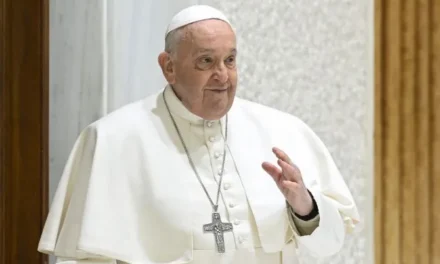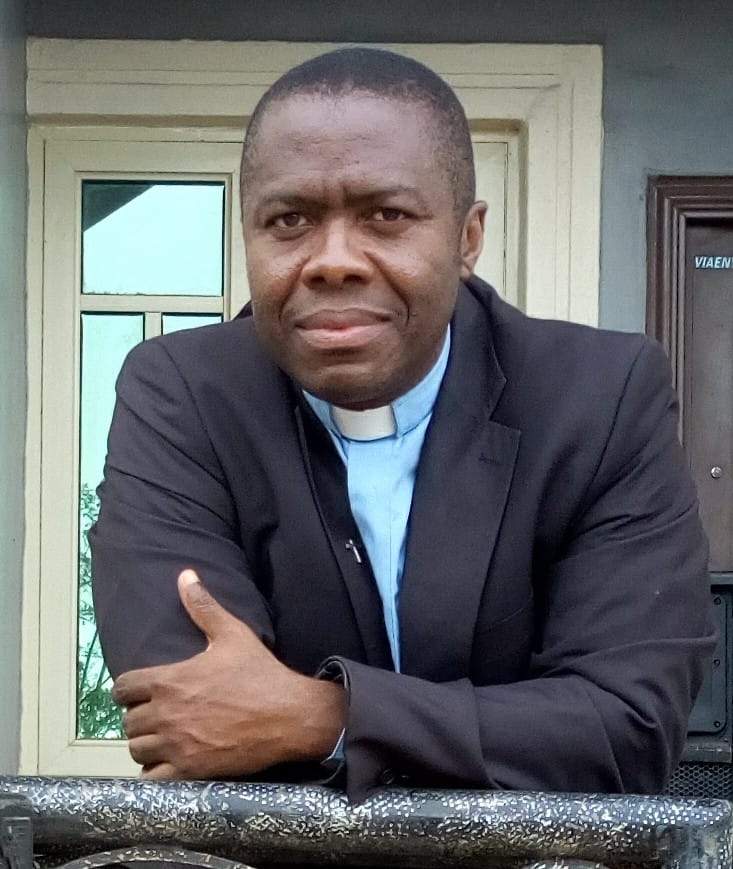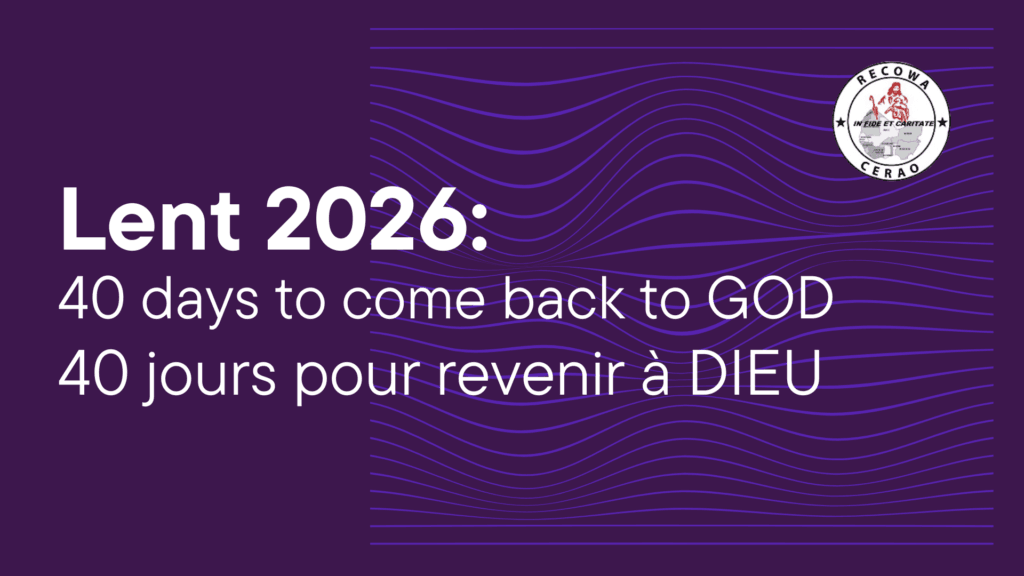The Correspondent of RECOWACERAO NEWS AGENCY, RECONA based in Lagos, the commercial capital of Nigeria has reported that some Catholic Nuns from West, Central Africa have Shared Insights on How Governments Can Address Refugees’ Plight. Details of this information has it that Catholic Nuns from the West African countries of Ghana and Nigeria and their counterparts from the Central African nation of Cameroon have weighed in on the plight of refugees on the continent, sharing insights on how African governments can improve the situation of refugees and Internally Displaced Persons (IDPs).
Speaking at a Webinar organized on the occasion of the annual World Refugee Day (WRD) marked on June 20 since 2001, the Catholic Sisters noted that refugees, migrants, and IDPs face a myriad of challenges in the process of adapting to their new situations.
“The government should create opportunities for the group to express themselves by implementing programs that recognize their skills and empower them to showcase their potential,” Sr. Caroline Fon Chisang said.
In her input during the virtual event organized under the theme, “Breaking Barriers: Promoting Inclusion & Integrations for Refugees & IDPs”, the member of the Sisters of St. Theresa of the Child Jesus (SST) of the Catholic Diocese of Buea in Cameroon said that African governments can address the plight of refugees, migrants, and IDPs by looking into their “psychosocial well-being”.
“The government should also initiate programs like the livelihood and psychosocial support that handle their psychosocial well-being which may be physical, material, psychological wellbeing,” Sr. Chisang said during the Thursday, June 20 virtual event.
The psychosocial support, she went on to say, “can be achieved by creating forums for regular meetings where individuals can share their own stories and experiences, both past and present, as no one can share these stories better than they can.”
Additionally, the Cameroonian Catholic Nun said, “We should create opportunities for them to display works of art and skills; this can be done by creating events like World Day of Talents for Refugees and IDPs so that they can boost their morale.”
African governments should also “create a more inclusive and democratic society where refugees are heard and valued, and their cultural dignity and psychosocial well-being are respected,” Sr. Chisang reiterated.
In recognizing cultural diversity, and fostering mutual interactions, members of the host communities and the refugees, migrants, and IDPs can share skills and coexist peacefully, the Cameroonian SST member said.
“The community should also appreciate and welcome the ideas and skills of refugees,” she said, and added, “Many refugees possess valuable skills and ideas that can contribute to improving the community they reside in, offering the host community an opportunity to learn from them.”
Also speaking at the June 20 virtual event, Sr. Mary Consolata Serwan Ntenye said African governments can address the plight of refugees, migrants, and IDPs at the policy level.
“We should advocate for fair immigration policies that prioritize the protection and integration of Refugees,” the member of the Sisters of Mary Mother of the Church (SMMC) from Ghana said.
She added, “We should support initiatives that promote social justice, equality, and human rights of all individuals regardless of their backgrounds or status.”
Referring to her native country of Ghana, Sr. Serwan Ntenye said she finds it unfortunate that while the law stipulates that migration officers should orient refugees in a week, and issue them with identity cards in a fortnight, the implementation has been inadequate.
“We should encourage international corporations and private stakeholders to recognize that refugee crisis is a global issue that requires a unified response by combining education, awareness, advocacy, empowerment, and community engagement,” she said.
The Ghanaian SMMC member called for concerted efforts to amplify the voices of refugees as one of the ways governments can address their plight.
On WRD 2024, Sr. Serwan Ntenye said, “Let us renew our commitment to love and have compassion. Let us build a support system that turns despair into hope, vulnerability into strength, and displacement into a new beginning.”
“Together we can create a world where every refugee is welcomed, supported, and empowered to strive,” she said during the June 20 virtual event.
In her presentation, Nigerian-born Sr. Cordelia Anikwem of the Tertiary Sisters of St. Francis, Nigeria (TSSF) said that her Religious Order had paid particular attention to refugees and IDPs fleeing from the conflicts in the Northwest and Southwest regions of Cameroon.
“As the crisis escalated in Cameroon, many Cameroonians fled into the bushes and eventually crossed borders into Nigeria,” she said, adding, “They settled in refugee homes in Calabar State, where we initially provide them with clothing, food, toiletries, and healthcare support.”
The governments of the two African nations can help address the plight of the Cameroonians, who have fled violent conflicts in supporting the initiatives of TSSF members.
Amid challenges the refugees from Cameroon face in Nigeria, including language barriers, employment difficulties, cultural differences, and lack of access to necessities of life, Sr. Anikwem said, members of her Religious Order have facilitated special and holistic training for them.
She further said that this equips the refugees with skills for small-scale sustainable projects, enabling them to achieve self-reliance, she called upon other stakeholders, including faith-based leaders and governments, to spearhead initiatives that lift barriers keeping refugees and IDPs traumatized and stagnated.
- CATHOLIC ARCHBISHOP IN GHANA HAILS POPE LEO XIV AS GOD’S GIFT - 23 mai 2025
- POPE LEO XIV TO APPROVE CANONIZATIONS - 22 mai 2025
- THE EVOLUTION OF PAPAL TRANSPORTATION - 20 mai 2025







